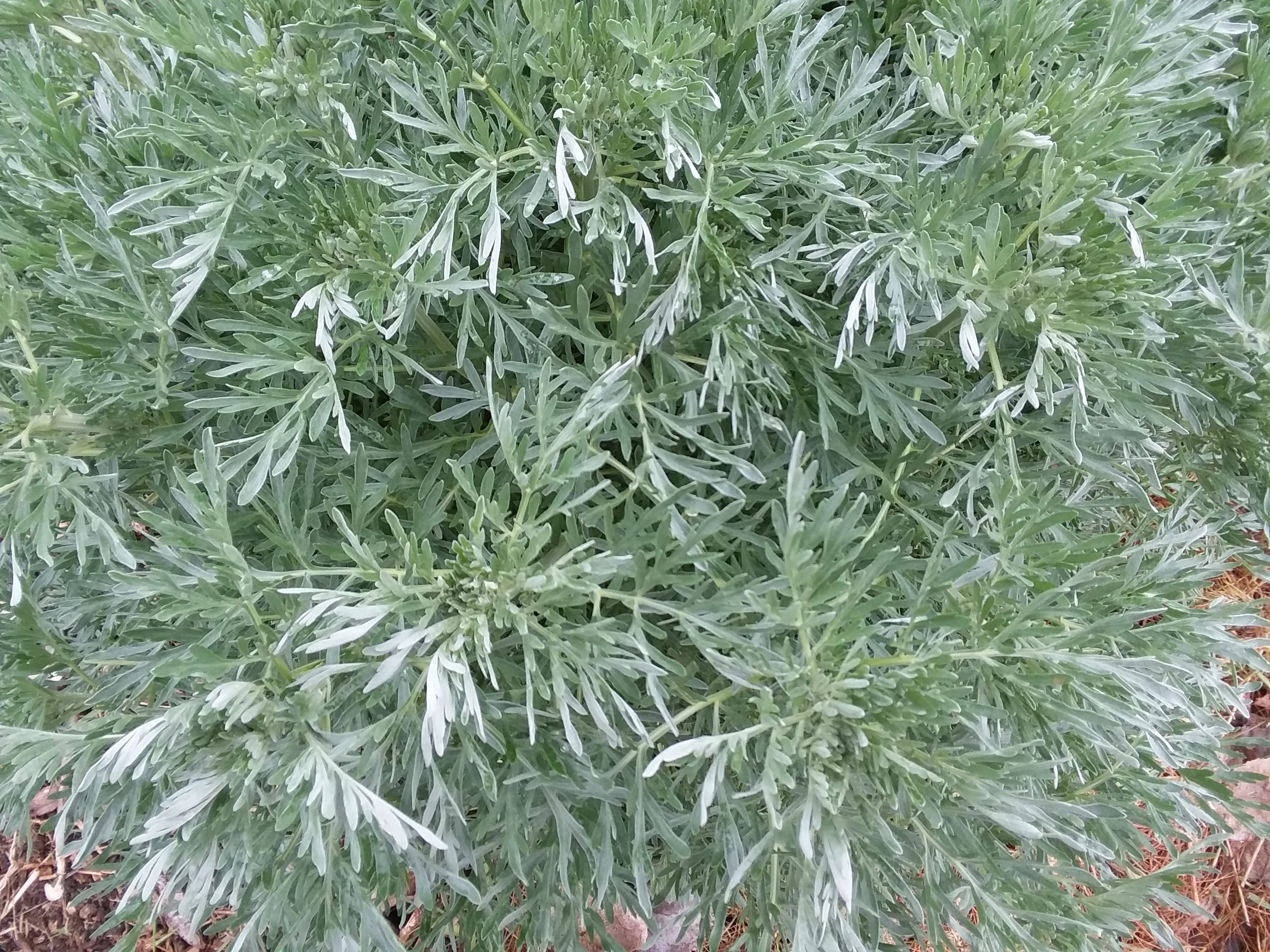- 0086-571-85302990
- sales@greenskybio.com
Wormwood: Ancient Herb Offers Modern Health Benefits
2025-07-29

Wormwood, scientifically known as Artemisia absinthium, is a perennial plant native to North Africa and Eurasia. Renowned for its silvery-green leaves, sharp herbal aroma, and notably bitter flavor, this distinctive herb has played a significant role in traditional medicine, culinary applications, and folklore across various cultures. Most famously, it is a primary ingredient in absinthe, the historic European spirit.
Historically prized in healing traditions from Ayurveda and Traditional Chinese Medicine to European herbalism, wormwood has been used as a digestive aid, antiparasitic remedy, anti-inflammatory agent, and antimicrobial booster. Its bitter compounds, primarily absinthin and anabsinthin, help stimulate digestive enzymes and bile, making it effective for easing indigestion, bloating, and poor appetite. These same compounds are also responsible for wormwood’s legendary bitterness—among the highest in the botanical world.
Wormwood’s name itself reflects its longstanding use as a treatment for intestinal worms, and it is often combined with other herbs such as black walnut and cloves in natural parasite cleansing protocols. The plant also contains thujone, a compound linked to both its medicinal properties and, in large doses, its potential toxicity.
Modern studies have validated several of wormwood’s traditional uses. Research supports its role in supporting liver function, detoxifying the body, reducing inflammation—which may benefit conditions like arthritis—and providing antimicrobial protection. Additionally, moderate use of wormwood is reported to support mental clarity and lift mood, although its reputation has been complicated by associations with hallucinogenic effects from high thujone content in poorly regulated absinthe.
In the kitchen, wormwood’s intense flavor means it is rarely used as a common seasoning. However, in Moroccan culture, it is steeped with mint and sugar to make aromatic teas. In Europe, it remains an essential component in absinthe, vermouth, and various herbal bitters. Creative culinary applications for those drawn to its uniqueness include:
- Wormwood digestive tea: Steep dried wormwood leaves briefly with honey or lemon to mellow the bitterness.
- Wormwood-infused honey: Combine dried wormwood and honey, let it infuse, and use as a subtle digestive tonic.
- Homemade bitters: Blend wormwood with gentian root and citrus for a traditional digestive bitter.
- Fortified vermouth: Infuse wormwood into white wine with botanicals for your own vermouth blend.
Despite its many benefits, wormwood must be used cautiously. Thujone, while beneficial in small amounts, can be toxic in high doses, potentially impacting the nervous system. For this reason, wormwood is not advised for pregnant or breastfeeding women, those with epilepsy, or individuals with kidney issues. Consultation with a healthcare professional is strongly recommended before use.
Wormwood remains a fascinating example of an herb whose medicinal and culinary virtues are matched by its distinctive flavor and storied past. Whether as an ancient digestive, a component in iconic spirits, or a subject of modern scientific inquiry, wormwood stands out as a testament to the enduring power of traditional herbal remedies—connecting past wisdom to present-day wellness.
- ▶ Hesperidin
- ▶ Citrus Bioflavonoids
- ▶ Plant Extract
- ▶ lycopene
- ▶ Diosmin
- ▶ Grape seed extract
- ▶ Sea buckthorn Juice Powder
- ▶ Fruit Juice Powder
- ▶ Hops Extract
- ▶ Artichoke Extract
- ▶ Mushroom extract
- ▶ Astaxanthin
- ▶ Green Tea Extract
- ▶ Curcumin
- ▶ Horse Chestnut Extract
- ▶ Other Product
- ▶ Boswellia Serrata Extract
- ▶ Resveratrol
- ▶ Marigold Extract
- ▶ Grape Leaf Extract
- ▶ New Product
- ▶ Aminolevulinic acid
- ▶ Cranberry Extract
- ▶ Red Yeast Rice
- ▶ Red Wine Extract
-
Saw Palmetto Extract
2025-07-29
-
Polygonum Cuspidatum Extract
2025-07-29
-
Phellodendron Extract
2025-07-29
-
Aguaje Extract
2025-07-29
-
Konjac Powder
2025-07-29
-
Jujube Extract
2025-07-29
-
Propolis Extract Powder
2025-07-29
-
Calendula Extract
2025-07-29
-
Polygonum multiflorum extract
2025-07-29
-
Acerola Extract
2025-07-29





















